|
0 Comments
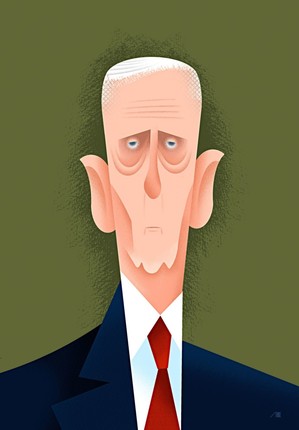 A quote: "For Trump, the choice of Mattis seemed more emotional than deliberative. Their initial meeting lasted just forty minutes, and Trump seemed drawn to him less for his world view than for his fearsome reputation. Announcing his nomination for Secretary of Defense, Trump revelled in using the general’s nickname—Mad Dog—and compared him to General George S. Patton, who was famous for his tactical brilliance, his profane language, and his merciless style. Anecdotes about Mattis’s audacity in the field are legion. Early in the Iraq War, he met with local leaders and told them, 'I come in peace. I didn’t bring artillery. But I’m pleading with you, with tears in my eyes: if you fuck with me, I will kill you all.'" Seventy years ago today, the entire new issue of The New Yorker was, without prior warning, taken up by a single article. Hiroshima was a sensation, with issues selling out almost immediately. Later, it sold over three million copies in book form.
The New Yorker is making this masterpiece of journalism available for free on its website for some amount of time (I don't know how long). If you don't mind reading on a screen, this is perhaps the best piece of nonfiction journalism ever, and is certainly a founding text of the "New Journalism" movement. Calm, unflinching, and attuned solely to the human experience--not political posturing or retrospective debate--this is a harrowing and immensely moving story that makes us hesitate to consider the million small choices we make each day that, for several "lucky" survivors became the difference between life and death. "The atomic bomb made the prospect of future war unendurable. It has led us up those last few steps to the mountain pass; and beyond there is a different country."
-J. Robert Oppenheimer I bought a book from a secondhand store to pass the time on my flights to and from Japan. It is enormous, nonfiction, and I expected it to be mostly boring but maybe peppered with interesting facts. I was very wrong. This book is stunning. Its scope is marvelously large, yet it manages to both explain complex scientific language lucidly and humanize the huge cast of characters all navigating very murky ethical waters as best they can. It is lyrical, philosophical, thrilling, meticulously researched and sometimes just plain terrifying. But it rises above morbid curiosity to ask and offer eloquent answers to the new existential questions that face our institutions and our species. I was reminded repeatedly of The Lord Of The Rings, for its scope and detail (and, to be honest, I liked this book better. But that's just me). It's called The Making Of The Atomic Bomb, by Richard Rhodes. It won the Pulitzer Prize for general nonfiction and the National Book Award. It's one of my favourite books ever and I really, really recommend you read it. Here is an in-depth review of the book from the New York Times. It was a tragic day when the long-running, award-winning, and beloved Toronto lit journal Descant closed it's office door for good. But this is the era of the internet, and great ideas can't stay dead anymore.
So it's a wonderful surprise to browse the pages of this new, growing website that resurrects the spirit of the magazine and promises to feature highlights and excerpts from the library and new blog pieces. No new submissions, please! Check it out! "So there I was in our C.F.O.’s office with a P. & L. that just eked out a 7 percent return. He looked at that piece of paper dubiously. He looked at me dubiously. I made some weak noises about literary excellence, backlist sales, commitment to authors. He continued to look at me dubiously. Then, with that wry and sad expression with which financial people have regarded liberal arts people since at least the invention of movable type and perhaps even written language, he signed off on my shortfallen P. & L. and said to me, 'You know, we could make more money by just putting this advance into a certificate of deposit.'"
|
AuthorRecent studies have indicated that three servings of Jack Hostrawser per day may help to prevent sudden comas. Archives
May 2017
Categories
All
|
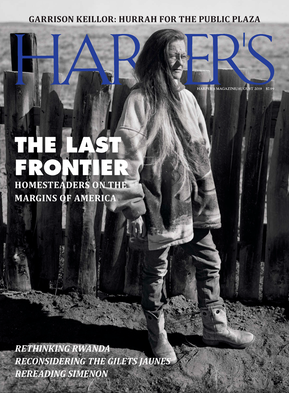
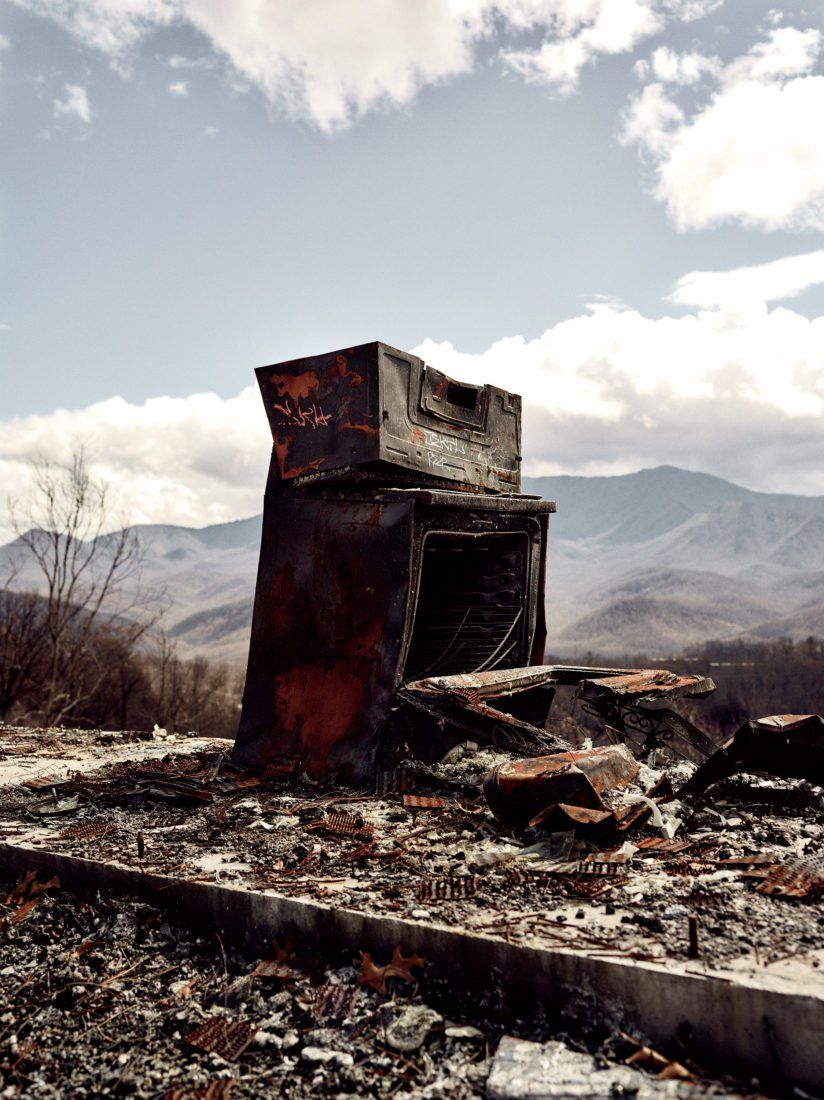
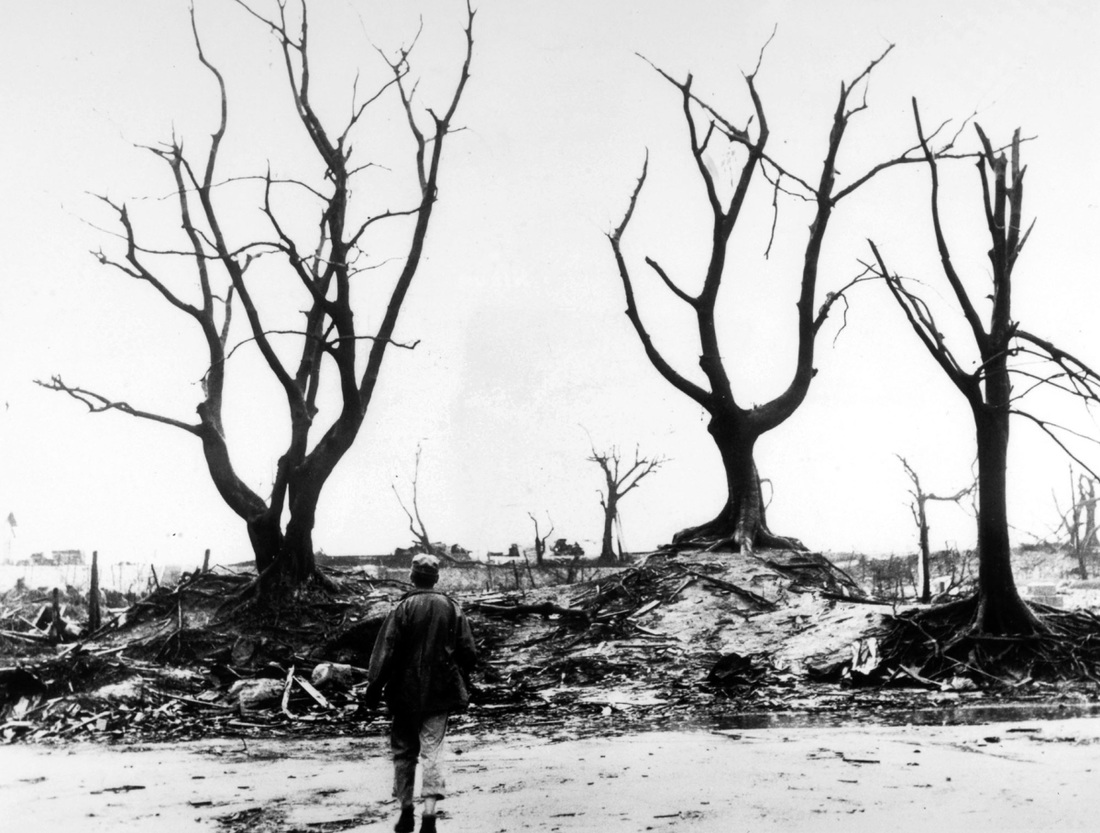
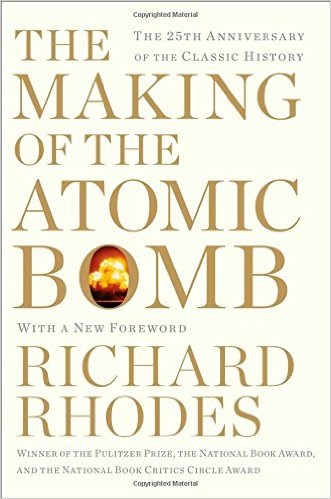
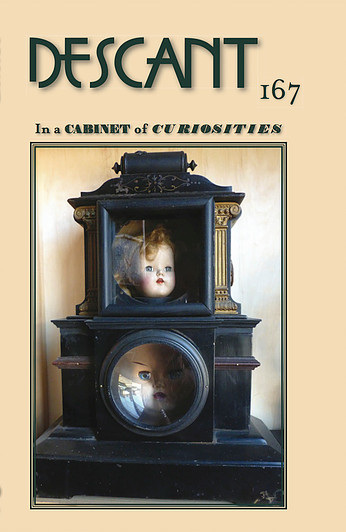

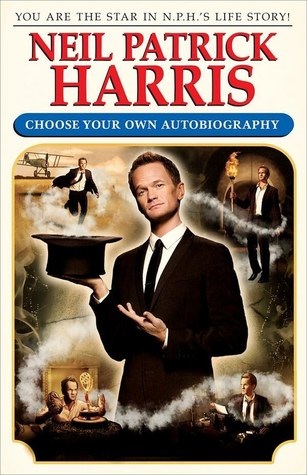
 RSS Feed
RSS Feed
